MY STORY
I survived the troubled teen industry
When I was 15, I woke up to two strangers at my bedside telling me that “I was coming with them.” I could feel my heart beating rapidly in my chest and, at that moment, I was certain I was going to jail.
Being the strong-willed teenager that I was, I of course responded with “No, I am not!” I remember feeling that strong will drain from my body to be rapidly replaced with fear as they responded with, “We can do this the easy way or the hard way.” So, I went the “easy” way, as they forced me to get into the back of a black SUV.
Six hours later and one flight to a destination I wasn’t privy to, I found myself entering a completely locked-down residential treatment center in Boise, Idaho. As I entered the doors to Intermountain Children’s Hospital, I felt what was left of my childhood and adolescence drain from my body. It was replaced with an ominous and dark feeling, as I handed over all my belongings to be searched. After making sure that I didn’t have anything in my bags that could potentially harm myself or others (for example, shampoo, pencils, shoelaces, food, beverages, etc.), I joined the other kids on the unit where I would spend the next six months.
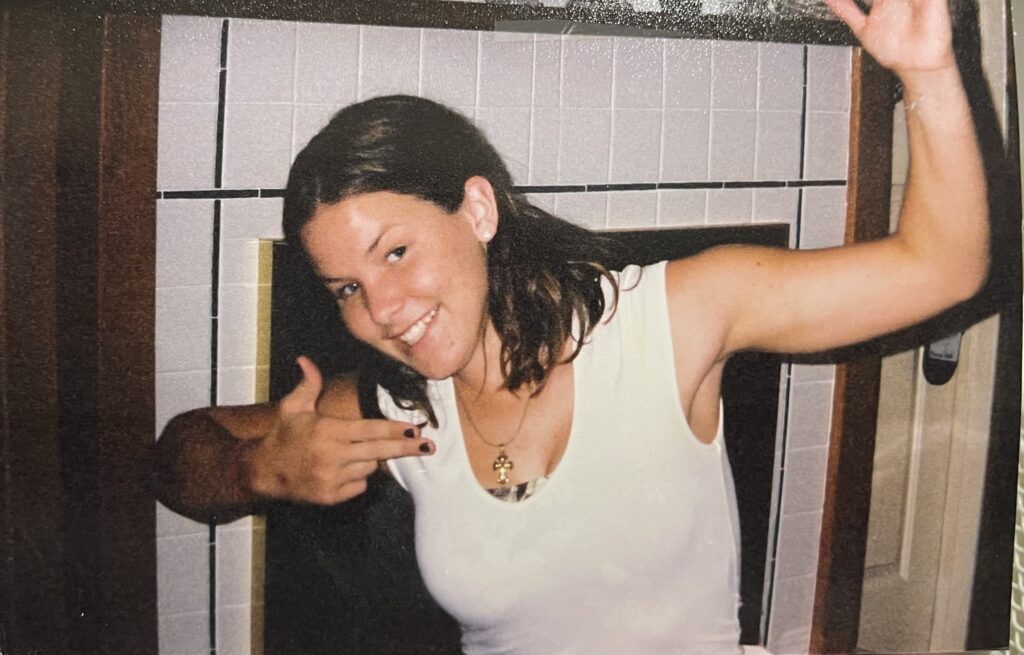
I instantly knew that I was not where I belonged. It was obvious that some of the youths in this facility were suffering from serious conditions that required 24/7 care, and I spent every day petrified. I wondered how I ended up in a place with this high amount of care. The types of conditions and/or disorders that kids in this facility that other kids were suffering from included severe depression, suicidal ideation (or attempts), early onset schizophrenia, PICA, and other severe eating disorders, extreme oppositional defiance, intellectual disabilities, severe bipolar disorder, and so on. The feeling of “not belonging there” was so intense for me. I had been sent there because I had begun to smoke weed and drink alcohol, and my parents became concerned when I was expelled from school. I didn’t suffer from anything else beyond a well-documented ADHD diagnosis that was already medicated and well-treated.
The day I arrived at the unit, I remember writing a letter home to my parents, written in crayon. I wasn’t allowed to have any pens or pencils yet, as they had not yet deemed me safe enough to have them without harming myself or others. This handwritten letter in child-like, colorful crayon strokes was starkly juxtaposed with content considered so mature and adult. I felt thrown into an adult situation that I was not ready for. In the letter, I begged my parents to forgive whatever I had done to deserve being sent there. I promised them I would never make a mistake again and vowed to make better decisions. I told them I wasn’t like the other kids there and there was some mistake. Unfortunately, the letter fell on deaf ears because the program had already warned my parents that a letter like that could arrive. They warn parents that children will try to manipulate and lie their way out of being there. When the letters arrive containing truths, parents receive them as a manipulative tactic that they feel well-prepared for.
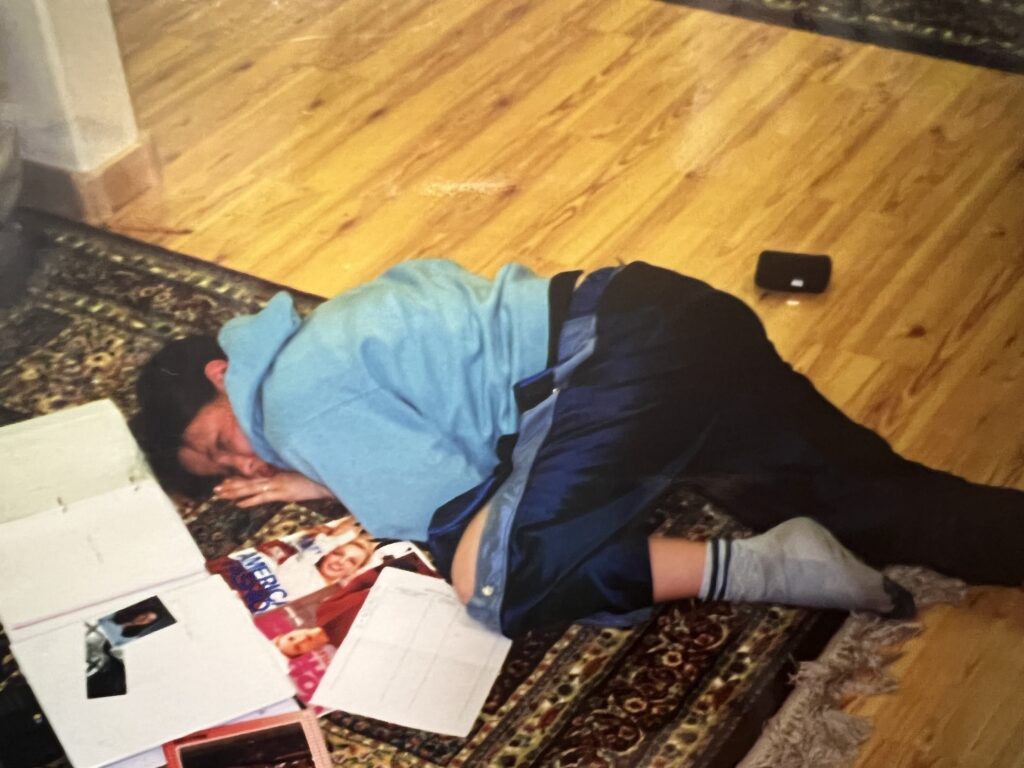
Many youths in this facility would protest having to do what they were told to do. When that happened, the staff would get on the loudspeaker and call out a code. The voice of staff over the intercom would bellow through the hallways, and employees from other units would come running through the magnetic doors to lend a hand in restraining the child. There was one child I remember this happening to multiple times a week. At least four staff members restrained him: one for each of the child’s limbs, and then one staff with their knee placed on the child’s back in between his shoulder blades. Then, once he was still, someone would come over and pull the kid’s pants down and give them a shot of medication in his buttocks.
Those kinds of physical and chemical restraints went on regularly during my stay. Another alarming thing that has stuck with me from my time there was how every single child was on astonishingly high amounts of medications that the staff forced us to take. Within three days of being there, I had been misdiagnosed as bipolar, and they had me on antipsychotics, anticonvulsants, and mood stabilizers. Those medications made it extremely hard to function at all or even mobilize myself from one place to another without falling over. I remember taking my medications every night before bedtime and having to use the wall to help me back to my room because I was so dizzy from the drugs.
The lack of privacy and autonomy was also extremely traumatic. We had to ask permission to do everything, including moving somewhere else in the room. Even within our bedrooms (shared with another patient), we could not be next to our roommate at any time or on their side of the room. A motion detector was mounted on the ceiling in every room in between the beds that, if triggered, would set off an alarm in the nurse’s station. When I first arrived, I asked another patient what the motion detectors were for, and she replied, “It’s so your roommate doesn’t hurt you while you’re sleeping.” That was horrifying to hear as a 15-year-old who already felt so unsafe from not being in her home environment. This led to serious sleep issues while I was there; coupled with being abducted in the middle of the night, it has led to life-long severe insomnia from trauma.
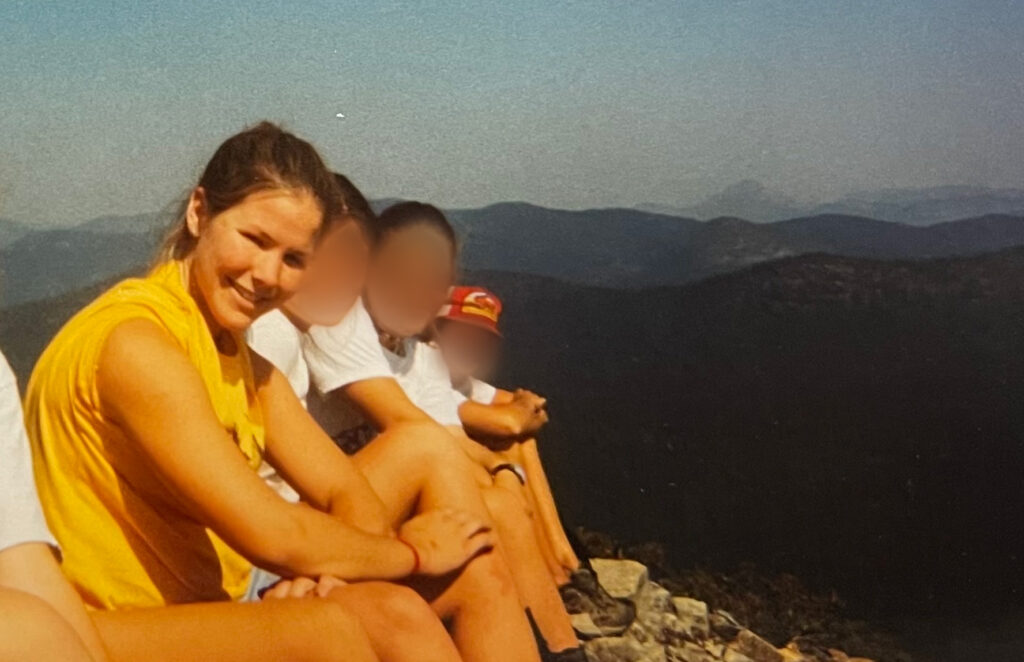
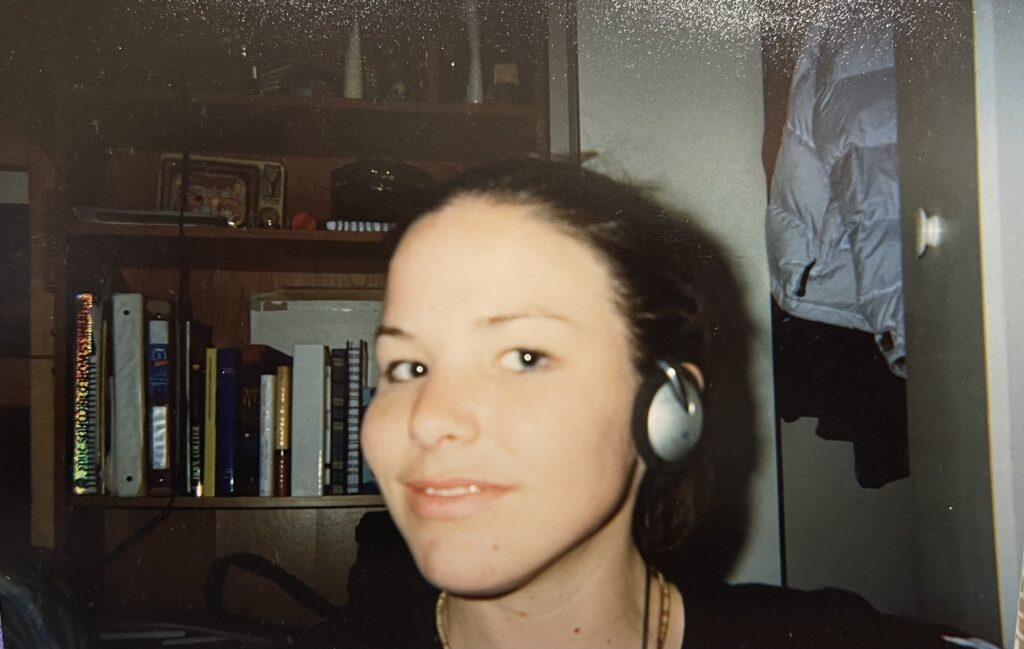
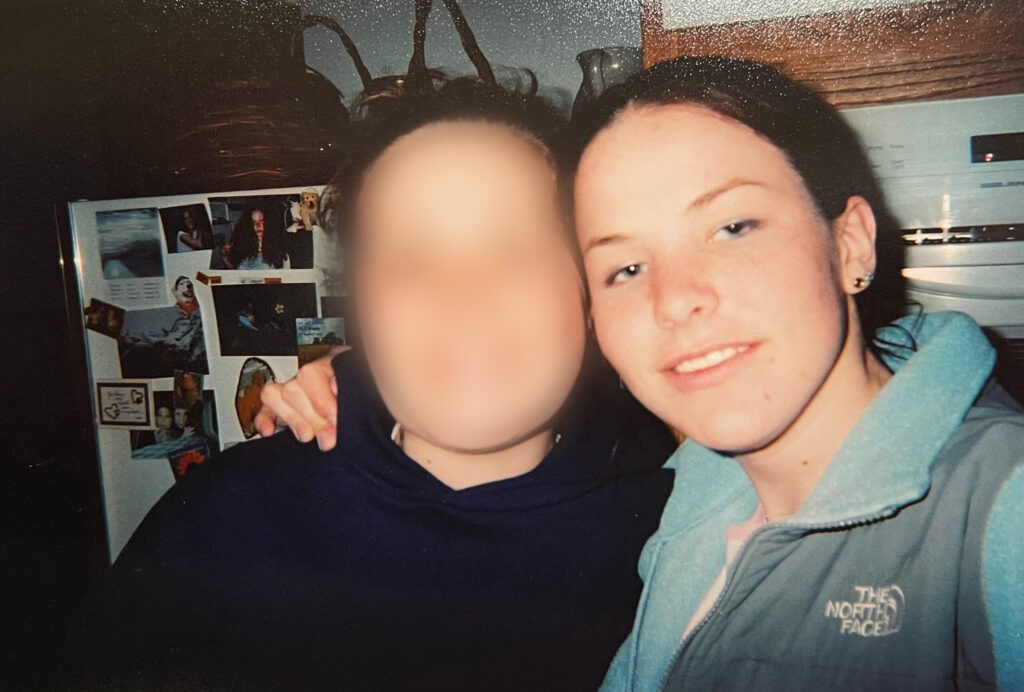
One area in my life, at that age, that did need work was my relationship with my parents. As I entered my teenage years and became more independent (and perhaps defiant), the relationship with my parents became strained. I think deep down I was still struggling with being adopted and determining how I “fit” into my family. I look back and wholeheartedly believe that what I truly needed back then was to be in therapy with my family. I needed them to better understand what I was going through and help me communicate with them. During my time at Intermountain Children’s Hospital, I had very little contact with my parents, and we had no therapy together as a family. Also, I was never allowed to speak to my parents without a staff member being on the phone with me, and that only happened once a week.
Going through such a traumatic experience and being kept away from the only support system I had ever known was by far the most traumatic experience there that has had lasting effects on my life. What it inevitably taught me was that when I’m going through something really difficult, I have to be alone. It taught me to never ask for help or to ever expect people to be there for me in life. It also erroneously taught me that when you finally do rely on someone and trust someone, it won’t last forever, and you eventually will end up alone.
